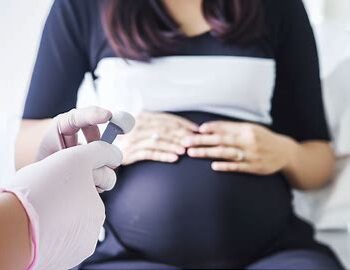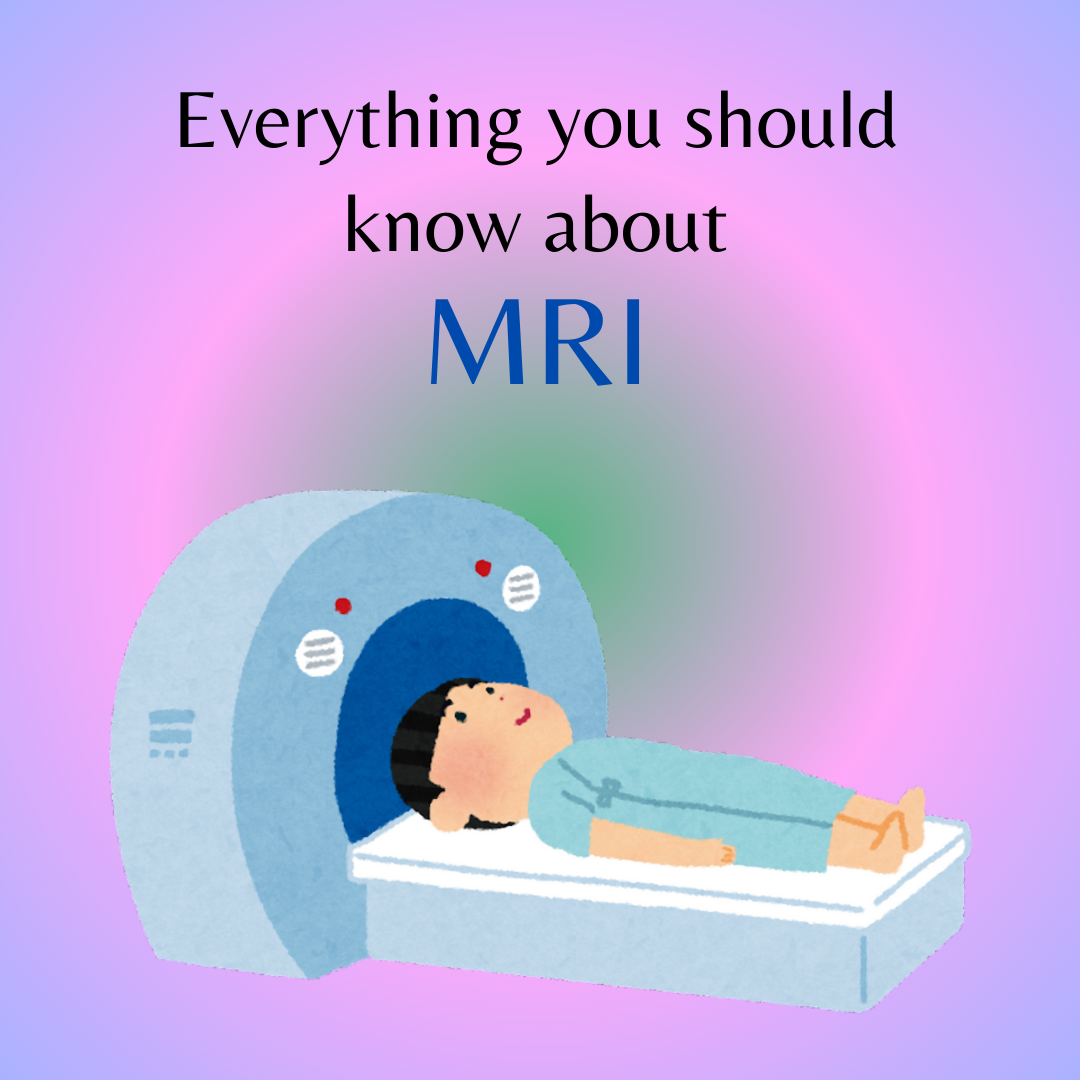Discovering that you are pregnant can be an exhilarating and life-changing moment. However, before the joyous journey of motherhood begins, it’s essential to confirm the pregnancy through a reliable test. The first test for pregnancy is crucial as it sets the stage for the months ahead. In this blog, we’ll explore the significance of the first pregnancy test, its types, how it works, and when and how to take it.
Types of Pregnancy Tests
- Urine Tests: These are the most common type and can be performed at home or at a healthcare facility. Over-the-counter urine tests are affordable, accessible, and easy to use. They detect hCG in the urine and typically provide accurate results around the time of your expected period or shortly after.
- Blood Tests: Blood tests, conducted at a healthcare facility, are more sensitive and can detect lower levels of hCG. There are two types of blood tests: qualitative (which gives a simple “yes” or “no” answer to pregnancy) and quantitative (which measures the exact amount of hCG in the blood).
- Home Testing Kit: Users can collect a urine sample in a clean container and then use the testing kit like Prega News test kit by either dipping the test strip into the urine or applying a few drops of urine to the designated area. The test provides results within a few minutes, typically through colored lines or digital symbols that indicate whether the test is positive or negative.

When to Take a Pregnancy Test?
The ideal time to take a pregnancy test varies depending on the type of test and your menstrual cycle.
For urine tests, most brands claim to provide accurate results on the first day of your missed period. However, testing a few days after a missed period or using the first-morning urine can increase accuracy.
If you suspect you might be pregnant but receive a negative result, consider waiting a few more days and retesting. If you have irregular periods or uncertainty about when to test, consulting a healthcare professional can provide guidance.
The first pregnancy test is an essential step in your journey to motherhood. Confirming your pregnancy promptly through a reliable test allows you to seek prenatal care and make the necessary lifestyle adjustments for a healthy pregnancy and baby. Whether you choose an at-home urine test or a blood test at a healthcare facility, understanding how these tests work and when to take them can lead to accurate and timely results. Remember, if you have any doubts or concerns, consulting a healthcare provider is always a wise decision. Embrace this magical moment and prepare for the beautiful journey that lies ahead. Congratulations on your pregnancy!





